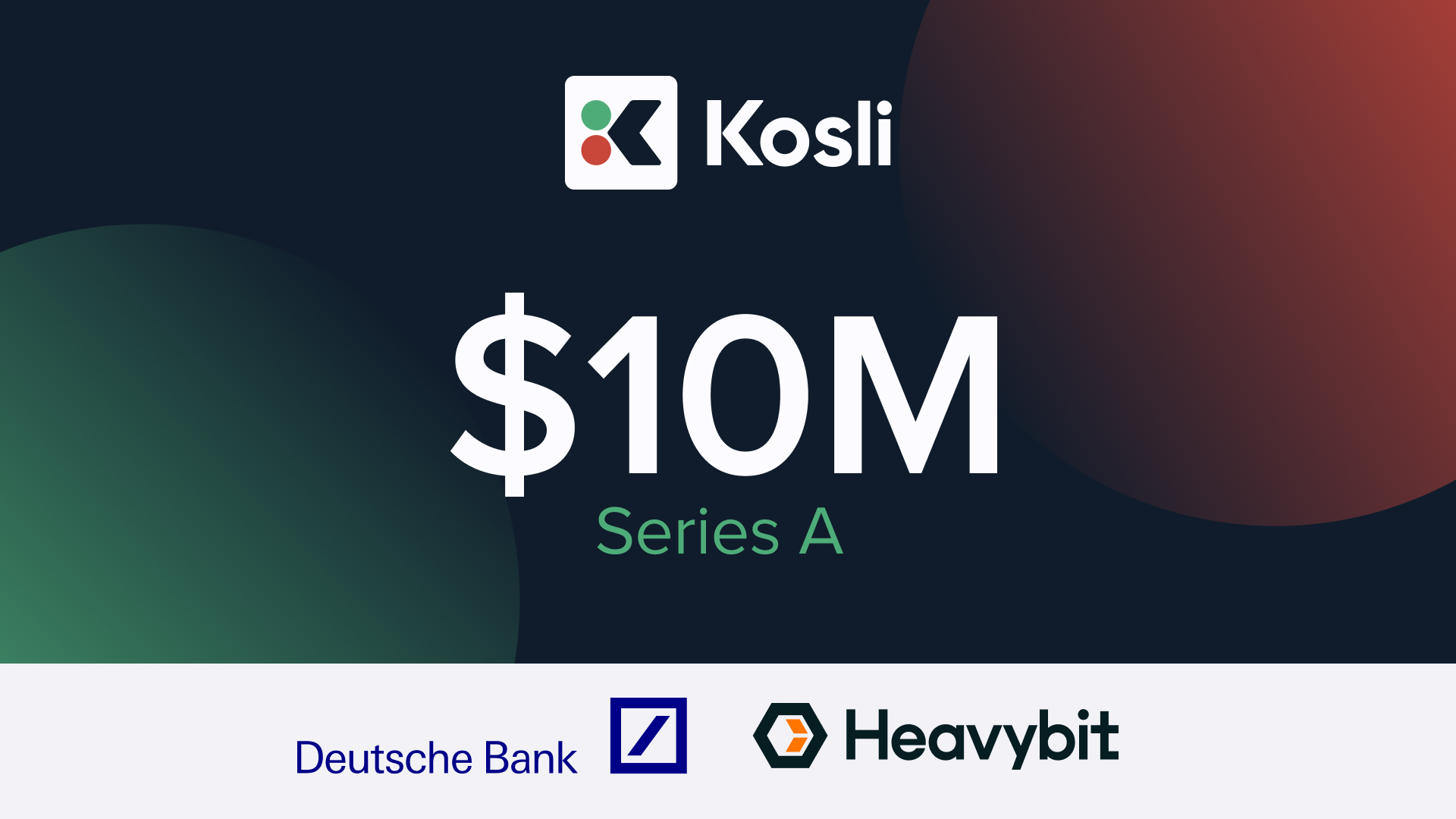Key Takeaways:
I. OpenAI's for-profit conversion raises concerns about market concentration, potentially hindering innovation and limiting access to advanced AI technologies.
II. The EU's proactive regulatory framework, including the AI Act and GDPR, is crucial for ensuring responsible AI development and mitigating the risks of market dominance.
III. A thriving AI ecosystem requires a balanced approach that fosters both open-source collaboration and responsible commercial development.
Meta's challenge to OpenAI's conversion to a for-profit company marks a pivotal moment in the evolution of artificial intelligence. This move, with its potential to reshape the competitive landscape and influence the trajectory of AI development, has sparked a heated debate within the tech community and beyond. Meta's appeal to the California Attorney General raises fundamental questions about the balance between commercial interests and public benefit in the rapidly evolving field of AI. This article delves into the multifaceted implications of OpenAI's for-profit transition, exploring the technical, competitive, regulatory, and ethical dimensions of this seismic shift. By examining the contrasting approaches of Meta and OpenAI, the evolving regulatory landscape, and the financial dynamics at play, we aim to provide expert readers with a nuanced understanding of the forces shaping the future of AI.
Open Source vs. Closed AI: A Battle for the Future of Innovation
Meta's open-sourcing of Llama 2, a large language model (LLM) trained on 2 trillion tokens with up to 70 billion parameters, stands in stark contrast to OpenAI's increasingly proprietary approach with GPT-4. Llama 2's accessibility empowers a wider range of researchers and developers, fostering community-driven improvements and accelerating innovation through shared knowledge. This open-source model democratizes access to cutting-edge AI technology, challenging the notion that advanced AI development must occur behind closed doors.
OpenAI's for-profit transition, combined with its closed-source strategy, raises concerns about market concentration and reduced innovation. GPT-4, while technologically impressive, remains shrouded in secrecy, limiting transparency and hindering independent scrutiny. This lack of openness could stifle the development of competing models and create a two-tiered system where access to advanced AI is determined by financial resources, potentially exacerbating existing inequalities in the tech landscape.
The competitive landscape of the AI industry is being reshaped by the contrasting approaches of Meta and OpenAI. Meta's open-source strategy fosters a more collaborative and democratic environment, allowing smaller players and startups to leverage Llama 2 for various applications. Conversely, OpenAI's closed model creates a significant barrier to entry, potentially stifling competition and hindering the emergence of disruptive innovations. This divergence in strategy could lead to a more centralized and less dynamic AI ecosystem.
The debate between open-source and closed AI models extends beyond technical considerations, touching upon fundamental questions about the future of innovation and access to technology. Meta's open-source approach aligns with the principles of transparency, collaboration, and democratization, while OpenAI's proprietary model prioritizes control and commercialization. The long-term consequences of these contrasting philosophies will significantly shape the AI landscape and its impact on society.
The AI Act and GDPR: A Framework for Responsible AI Development
The European Union's proactive approach to AI regulation, spearheaded by the forthcoming AI Act and the established General Data Protection Regulation (GDPR), provides a robust framework for addressing the challenges posed by OpenAI's for-profit conversion. The AI Act, with its risk-based classification system, aims to ensure that AI systems are developed and deployed responsibly, mitigating potential harms while fostering innovation. The GDPR, with its stringent data protection principles, reinforces the importance of user privacy and data security in the context of AI.
The EU AI Act's emphasis on transparency and accountability is particularly relevant to OpenAI's closed-source model. The Act's requirements for high-risk AI systems, which likely include large language models like GPT-4, could compel OpenAI to disclose more information about its training data, algorithms, and performance benchmarks. This increased transparency would be crucial for addressing potential biases, promoting trust, and enabling independent scrutiny of these powerful AI systems.
The GDPR's data protection principles further complicate OpenAI's for-profit strategy. LLMs, trained on vast amounts of data, must comply with GDPR's stringent requirements regarding data collection, processing, and storage. This includes obtaining valid consent for data use, ensuring data minimization and purpose limitation, and providing individuals with rights to access, rectify, and erase their data. These provisions could significantly impact OpenAI's data acquisition and training practices, potentially influencing the development trajectory of future models.
The EU's regulatory framework, while still evolving, provides a crucial foundation for shaping the future of AI governance. By prioritizing transparency, accountability, and human oversight, the EU aims to foster a more equitable and trustworthy AI ecosystem. This proactive approach has the potential to influence regulatory decisions worldwide, encouraging a global convergence towards ethical AI practices and mitigating the risks associated with unchecked AI development.
Investing in AI: Balancing Profit Motives with Public Benefit
OpenAI's for-profit conversion raises important questions about the financial dynamics of the AI industry. With a reported valuation of $150 billion and significant investment from Microsoft, OpenAI is positioned to become a dominant force in the AI market. However, this pursuit of profit raises concerns about potential anti-competitive practices, such as predatory pricing and exclusive data access deals, which could stifle innovation and limit consumer choice.
The increasing commercialization of AI raises fundamental questions about the balance between profit motives and public benefit. While private investment is crucial for driving innovation, it also carries the risk of prioritizing short-term financial gains over long-term societal well-being. OpenAI's for-profit status could exacerbate this tension, potentially leading to a scenario where access to advanced AI is determined primarily by market forces rather than societal needs. This necessitates a careful consideration of alternative funding models, such as public-private partnerships and philanthropic initiatives, that can promote both innovation and equitable access to AI technologies.
Navigating the AI Crossroads: Balancing Openness, Competition, and Ethical Development
OpenAI's for-profit pivot represents a critical juncture in the evolution of artificial intelligence. This decision, with its far-reaching implications for competition, innovation, and access, demands careful consideration from policymakers, researchers, and the broader AI community. The EU's proactive regulatory framework offers a valuable model for navigating the complexities of AI governance, emphasizing transparency, accountability, and human oversight. However, shaping a truly responsible and beneficial AI landscape requires a global effort, fostering collaboration between nations, promoting ethical AI development practices, and ensuring that the transformative power of AI serves the common good. The path forward lies in striking a delicate balance between open innovation, healthy competition, and a steadfast commitment to ethical principles, ultimately creating a future where AI empowers all of humanity.
----------
Further Reads
I. Meta Llama 2 vs. OpenAI GPT-4: A Comparative Analysis … | by Diana Cheung | Medium









